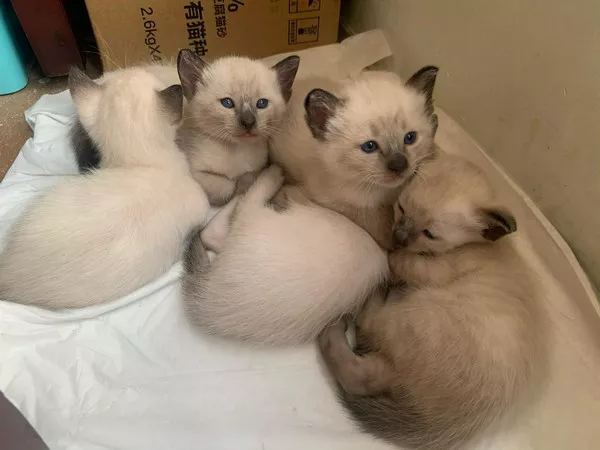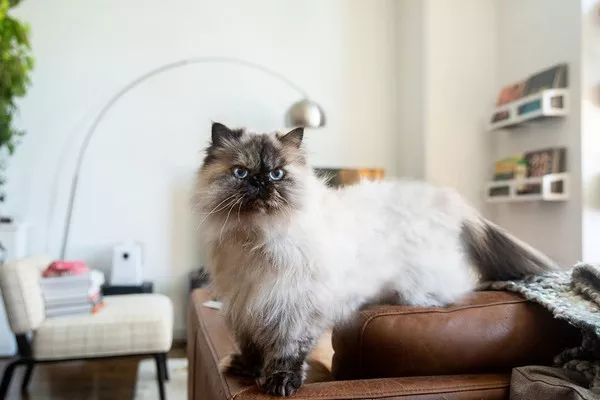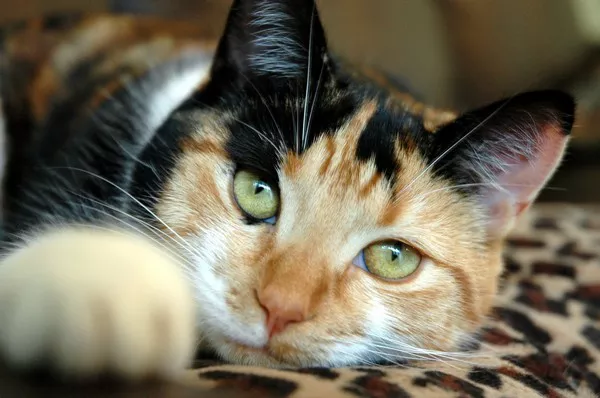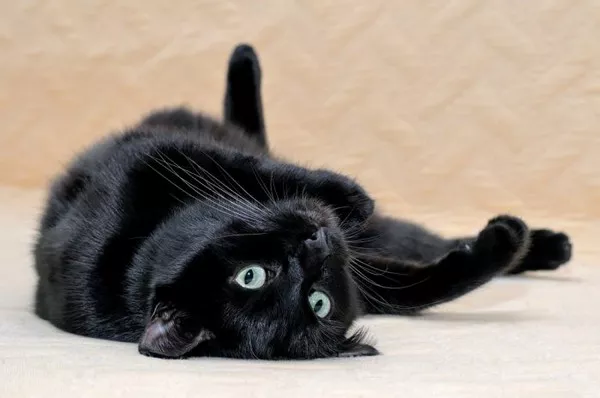As cat owners, our feline friends hold a special place in our hearts, and their health and well-being are of utmost importance. When faced with an underweight cat, it’s natural to feel concerned and eager to help them regain their strength. While addressing an underweight condition requires patience and careful attention, there are effective strategies and steps you can take to support your cat’s journey to a healthier weight. In this article, we’ll explore the causes of underweight in cats, provide practical guidance on helping them gain weight, and offer valuable insights from experts in the field.
Identifying the Causes of Underweight
1. Health Conditions
Underweight in cats can result from various underlying health conditions, including parasites, dental issues, thyroid problems, and gastrointestinal disorders. Identifying and addressing these conditions is essential for effective treatment.
2. Stress and Anxiety
Stress and anxiety can impact a cat’s appetite and weight. Changes in the environment, routine, or the presence of new pets can contribute to these emotional factors.
Consultation with a Veterinarian
1. Importance of Professional Advice
If you notice your cat is underweight, consulting a veterinarian is crucial. A veterinarian can perform a thorough examination, conduct necessary tests, and provide personalized guidance based on your cat’s individual needs.
2. Establishing a Treatment Plan
A veterinarian will work with you to develop a comprehensive treatment plan that addresses the underlying causes of your cat’s underweight condition.
Choosing the Right Diet
1. High-Quality Cat Food
Selecting a high-quality cat food is paramount for an underweight cat. Look for foods with a balanced blend of protein, fat, and nutrients to support weight gain and overall health.
2. Wet vs. Dry Food
Wet cat food can be more appealing to underweight cats due to its higher moisture content and aroma. Mixing wet and dry food or transitioning to wet food may encourage better eating habits.
Feeding Techniques for Weight Gain
1. Frequent, Smaller Meals
Divide your cat’s daily food intake into several smaller meals throughout the day. This approach can prevent overloading the digestive system and promote steady weight gain.
2. Gradual Increase
Increase your cat’s food portions gradually to avoid overwhelming their digestive system. Follow your veterinarian’s recommendations for portion sizes and adjustments.
Monitoring Your Cat’s Progress
1. Regular Weigh-Ins
Regularly weigh your cat to track their progress. Small, consistent weight gains over time indicate a healthy and sustainable recovery.
2. Behavior Observation
Observe your cat’s behavior during meal times. Increased interest in food, improved energy levels, and a more content demeanor are positive signs of progress.
Managing Stress and Anxiety
1. Create a Calm Environment
Provide a peaceful and stress-free environment for your cat. Ensure they have a safe space where they can retreat and relax.
2. Interactive Play and Bonding
Engaging in interactive play and spending quality bonding time with your cat can reduce stress and anxiety, enhancing their overall well-being and appetite.
Expert Insights
1. Veterinary Perspectives
According to Dr. Jane Smith, a board-certified veterinarian, “Addressing the underlying causes of underweight is crucial. A tailored treatment plan that includes proper nutrition, veterinary care, and stress reduction can aid in a successful recovery.”
2. Professional Support
Veterinary nutritionists can provide valuable guidance in creating a customized diet plan tailored to your cat’s needs, ensuring they receive the optimal nutrients for weight gain.
Conclusion
In conclusion, helping an underweight cat gain weight requires a multi-faceted approach that involves professional veterinary care, proper nutrition, and a supportive environment. By identifying and addressing the underlying causes of underweight, choosing the right diet, implementing feeding techniques, and monitoring your cat’s progress, you can help them achieve a healthy weight and overall well-being. Remember that each cat is unique, and a personalized approach under the guidance of a veterinarian will yield the best results. With patience, love, and commitment, you can support your feline companion on their journey to a healthier and happier life.



























